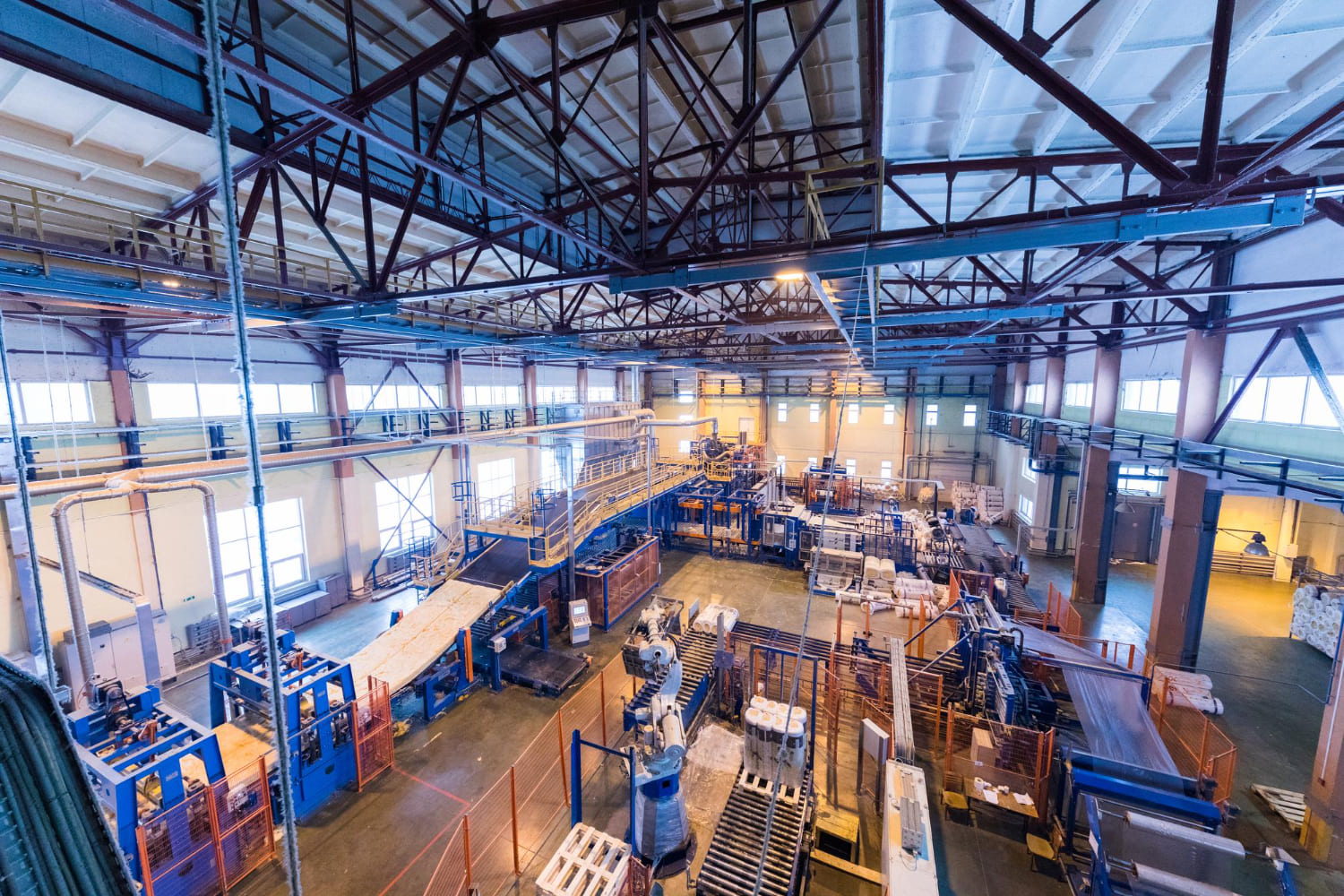The dawn of a new era in Indonesia’s manufacturing landscape is upon us, propelled by rapid advancements and shifts in global manufacturing industry trends. As the world strides into a future dominated by technology and sustainability, Indonesia is not just participating; it’s aiming to lead. This vibrant transformation is not by chance but a result of deliberate efforts to integrate the latest trends that promise to redefine what manufacturing looks like in the archipelago.
In this journey, we’ll navigate through the six pivotal trends that are the cornerstone of this evolution. Each represents a piece of the puzzle in Indonesia’s quest for industrial innovation and efficiency. From the incorporation of robotics that work tirelessly to produce with precision, to the greening of factories that ensure the planet’s health is a priority, these trends are the building blocks of a robust manufacturing sector. They signify a shift towards more resilient, smart, and sustainable production processes.
But what makes these trends so revolutionary? It’s their ability to not just transform the production line but to reshape the entire ecosystem of manufacturing. They influence how businesses operate, how workers are trained, and how products are conceptualized and delivered to the market. By adopting these trends, Indonesia is setting a precedent for what the future of manufacturing looks like, not just locally but globally. So, let’s dive deep into each of these trends, exploring how they’re making waves in the industry and what they mean for the future of manufacturing in Indonesia. Join us as we uncover the fabric of a sector that’s gearing up to meet tomorrow’s challenges head-on, fueled by innovation, resilience, and a forward-thinking mindset.
1. Automation and Robotics Steering Indonesia’s Manufacturing Future
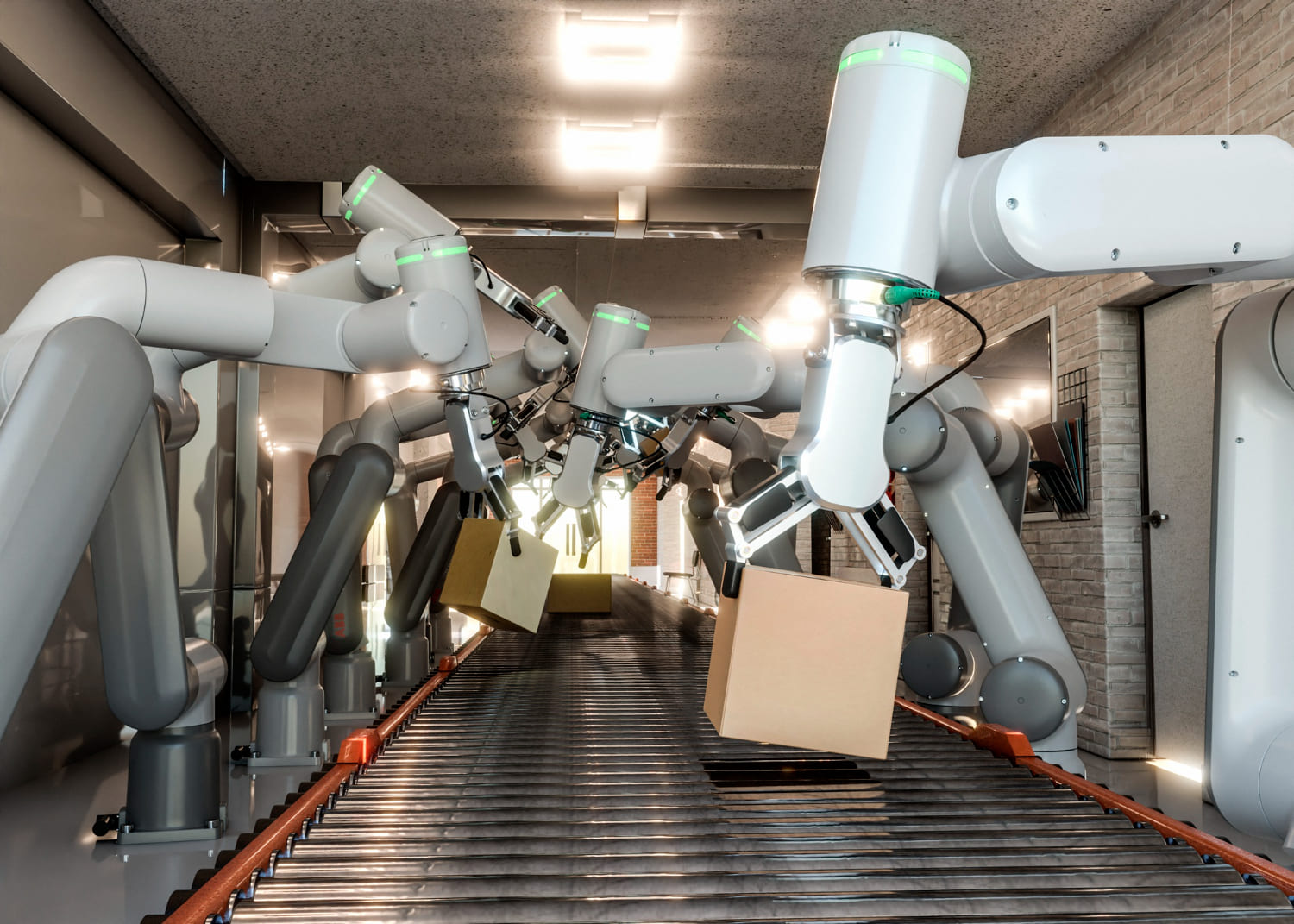
Unleashing Efficiency Through Automation
In the heart of Indonesia’s manufacturing revolution, automation, and robotics stand out as game changers, ushering in an era of unparalleled productivity and precision. This trend, a cornerstone among manufacturing industry trends, is not about replacing the human touch but enhancing it with machines that can perform repetitive tasks faster, more accurately, and without fatigue.
Imagine a factory where robots and automated systems streamline operations, from assembly lines to packaging, enabling businesses to scale up production with remarkable efficiency. This isn’t a glimpse into a distant future but a reality that’s taking shape in Indonesia’s manufacturing landscape today. Companies are increasingly deploying robots to tackle complex tasks, from precision welding in automotive manufacturing to assembling delicate electronics, showcasing a leap towards innovation and competitive edge.
Robotics: The Path to Smart Manufacturing
The integration of robotics into Indonesia’s manufacturing sector signifies more than just an upgrade in machinery; it marks the transition towards smart factories. These smart factories, equipped with robots that can communicate with each other and with the production systems, optimize the entire manufacturing process. They minimize waste, reduce downtime, and ensure a level of product quality that sets new industry standards.
For Indonesian manufacturers looking to embrace this trend, the key lies in understanding the synergy between human ingenuity and robotic precision. By investing in training for employees to manage and work alongside these robotic systems, businesses can unlock their full potential. This approach not only boosts productivity but also fosters an innovative culture that can adapt to future challenges and opportunities in the manufacturing sector.
2. Sustainable Green Manufacturing Crafting a Greener Future
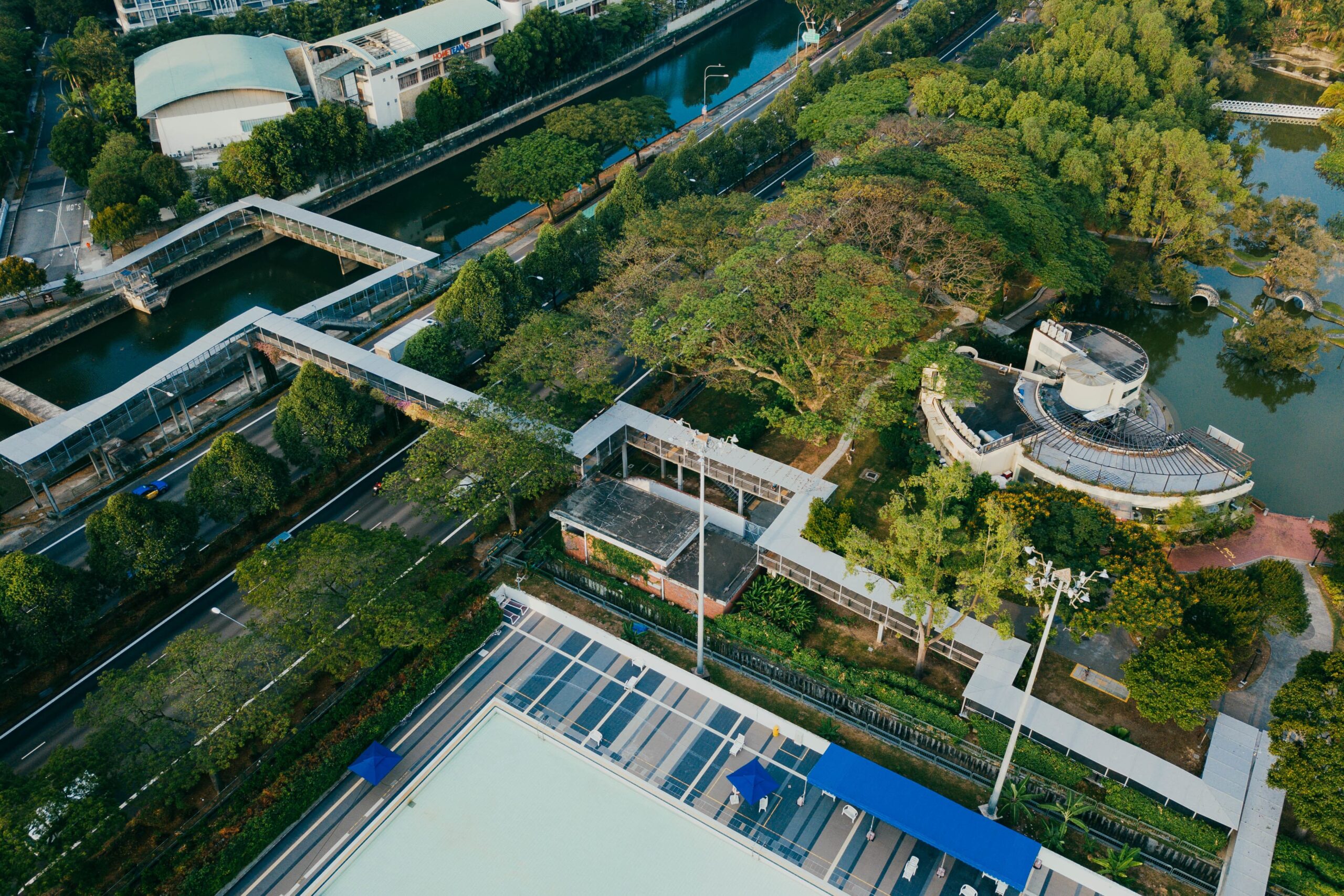
Embracing Eco-friendly Practices
The wave of sustainable green manufacturing is sweeping across Indonesia, marking a pivotal shift in how the industry views its relationship with the environment. This trend, a vital part of the broader manufacturing industry trends, focuses on reducing the ecological footprint of manufacturing processes through the adoption of eco-friendly practices and technologies. It’s about making a conscious effort to minimize waste, conserve energy, and utilize renewable resources, thereby ensuring that production not only meets today’s needs but also safeguards the planet for future generations.
Indonesian manufacturers are leading by example, integrating green practices such as using biodegradable materials, recycling waste products, and harnessing solar energy. These steps not only contribute to a healthier planet but also resonate with consumers who increasingly prefer products made with sustainability in mind. By embracing these practices, Indonesia’s manufacturing sector is not just going green; it’s going smart and sustainable, setting a benchmark for others to follow.
The Green Advantage in Manufacturing
The adoption of sustainable green manufacturing offers a multitude of benefits beyond environmental conservation. It opens up new market opportunities, enhances brand reputation, and leads to cost savings in the long run. Energy-efficient operations and waste reduction strategies, for instance, can significantly lower operating costs, providing a competitive edge in the global marketplace. Furthermore, compliance with international environmental standards opens doors to global markets that prioritize sustainability.
For businesses in Indonesia looking to tap into these advantages, the journey begins with small but impactful steps. Switching to LED lighting, optimizing production processes to reduce waste, and investing in renewable energy sources are just a few examples. These initiatives not only contribute to the global fight against climate change but also position Indonesian manufacturers as leaders in the sustainable revolution within the manufacturing industry. Adopting green manufacturing practices isn’t just good for the planet; it’s a strategic business move in today’s eco-conscious world.
3. The Internet of Things (IoT) Connecting the Dots in Manufacturing

Revolutionizing Production with IoT Integration
The Internet of Things (IoT) is transforming the fabric of Indonesia’s manufacturing sector, making it a key player among the latest manufacturing industry trends. This technological marvel allows devices across the manufacturing floor to communicate and share data in real-time, leading to unprecedented levels of efficiency and productivity.
Imagine machines that can predict their own maintenance needs, assembly lines that adjust automatically to optimize production flow, and inventory systems that update themselves based on real-time demand. This isn’t just a pipe dream; it’s the reality for Indonesian manufacturers who are embracing IoT to stay ahead of the curve. By integrating IoT, they’re able to monitor and control every aspect of the manufacturing process, from the supply chain to the final product delivery. This not only minimizes downtime but also ensures that products meet the highest standards of quality and precision.
IoT is The Backbone of Smart Factories
The role of IoT in ushering in the era of smart factories in Indonesia cannot be overstated. These factories leverage IoT to create a fully connected ecosystem where decision-making is data-driven and processes are seamlessly automated. For manufacturers keen on adopting this trend, the first step is to ensure that their machinery and systems are IoT-compatible. This might involve investing in new technology or upgrading existing infrastructure, but the payoff is immense.
With IoT, factories become more adaptable and able to respond quickly to changes in market demand or production requirements. Moreover, the data collected through IoT devices can provide invaluable insights into improving efficiency, reducing waste, and enhancing product quality. For a sector that’s increasingly competitive, these advantages make IoT not just desirable but essential. As Indonesian manufacturers continue to explore and expand their IoT capabilities, they’re setting new standards for what’s possible in the manufacturing industry, demonstrating that the future of manufacturing is not only interconnected but intelligent.
4. Advanced Materials Shaping the Future of Manufacturing
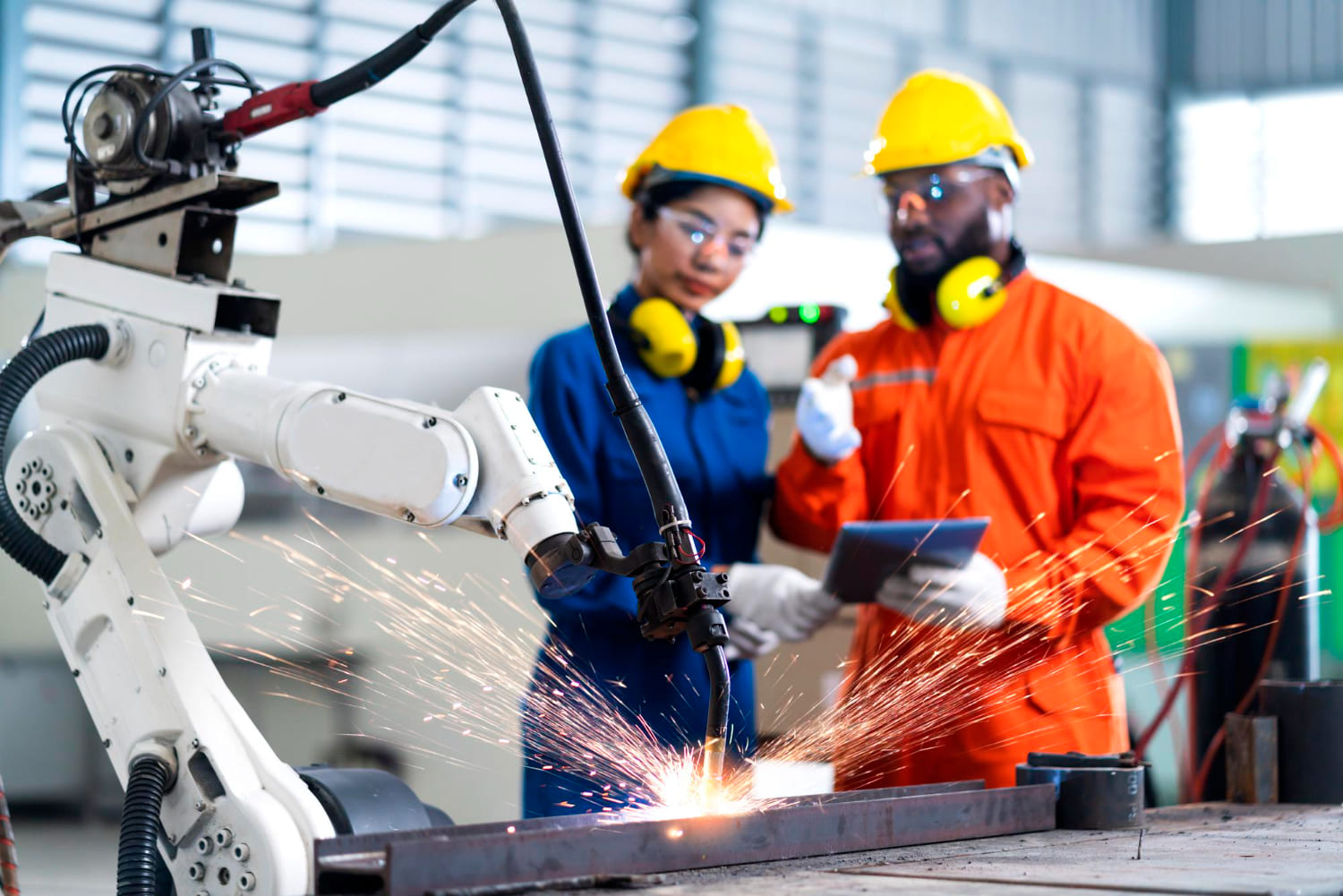
The New Frontier of Material Science
At the forefront of manufacturing industry trends in Indonesia, advanced materials are pioneering a revolution that could redefine the very essence of product development and manufacturing. These materials, characterized by their exceptional properties such as strength, durability, and lightness, are opening up new possibilities for innovation across various sectors.
From aerospace to consumer electronics, the adoption of materials like graphene, carbon fiber, and advanced polymers is pushing the boundaries of what’s possible, enabling the creation of products that are not only more efficient but also more sustainable. Indonesian manufacturers are tapping into this trend, exploring how these materials can reduce costs, enhance product performance, and minimize environmental impact. By investing in research and development of advanced materials, they are not just keeping pace with global trends but are also positioning themselves as leaders in the creation of next-generation products.
Harnessing the Power of Advanced Materials
For Indonesian manufacturers, the journey towards harnessing the potential of advanced materials begins with a deep dive into research and collaboration with material scientists. This collaborative approach can lead to breakthroughs in how materials are used and applied in manufacturing processes, leading to more innovative and competitive products in the market. Moreover, understanding the properties and potential applications of these materials can inspire new design philosophies that prioritize sustainability and efficiency.
As manufacturers integrate these materials into their production lines, they’ll find that the benefits extend beyond product improvement—there’s also a significant impact on the manufacturing process itself. Advanced materials can lead to more energy-efficient production methods and reduce the reliance on scarce natural resources, aligning with global efforts towards sustainability. By embracing advanced materials, Indonesian manufacturers are not only contributing to a more sustainable industry but are also enhancing their competitiveness on the world stage, proving that innovation and environmental responsibility can go hand in hand.
5. 3D Printing Technology Revolutionizing Production Lines
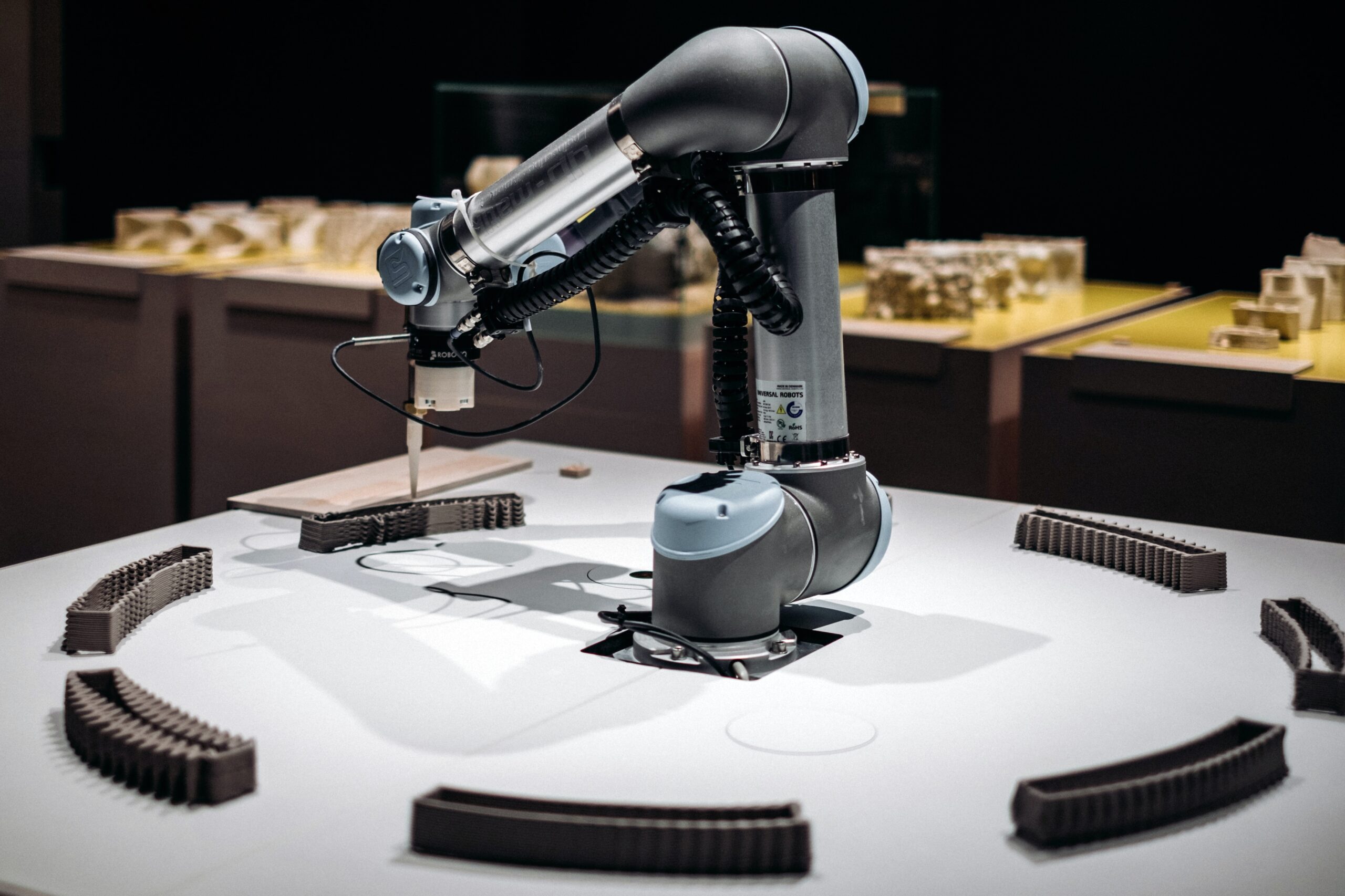
Elevating Customization and Efficiency
3D printing technology is redefining the scope and approach of manufacturing in Indonesia, marking its place as a pivotal trend in the current landscape of manufacturing industry trends. This innovative technology allows for the creation of complex and customized products with a level of speed and precision previously unimaginable. Imagine being able to turn a digital model into a physical object overnight, dramatically reducing the time and cost associated with traditional manufacturing methods.
Indonesian manufacturers are leveraging 3D printing to not only streamline their production processes but also to offer bespoke solutions to their customers. From automotive parts to personalized medical devices, the potential applications are vast and varied. This shift towards 3D printing is enabling manufacturers to meet the increasing demand for customization and rapid production, positioning Indonesia as a hub for innovation and agility in manufacturing.
The Strategic Advantage of 3D Printing
Adopting 3D printing technology provides Indonesian manufacturers with a significant strategic advantage, allowing them to remain competitive in a rapidly evolving global market. The key to unlocking this potential lies in understanding and integrating 3D printing into existing production lines seamlessly. By doing so, manufacturers can reduce waste, minimize inventory costs, and enhance product development cycles. Furthermore, 3D printing encourages a more sustainable manufacturing approach by using materials more efficiently and reducing the carbon footprint associated with production and logistics.
For businesses looking to embrace this trend, the first step is to invest in training and development, ensuring that their teams are equipped with the skills and knowledge to harness the full potential of 3D printing technology. As Indonesia’s manufacturing sector continues to explore the possibilities offered by 3D printing, it becomes clear that the future of manufacturing is not just about making things but making them smarter, faster, and more personalized than ever before.
6. Industry 4.0 and Smart Factories Transforming Indonesian Manufacturing
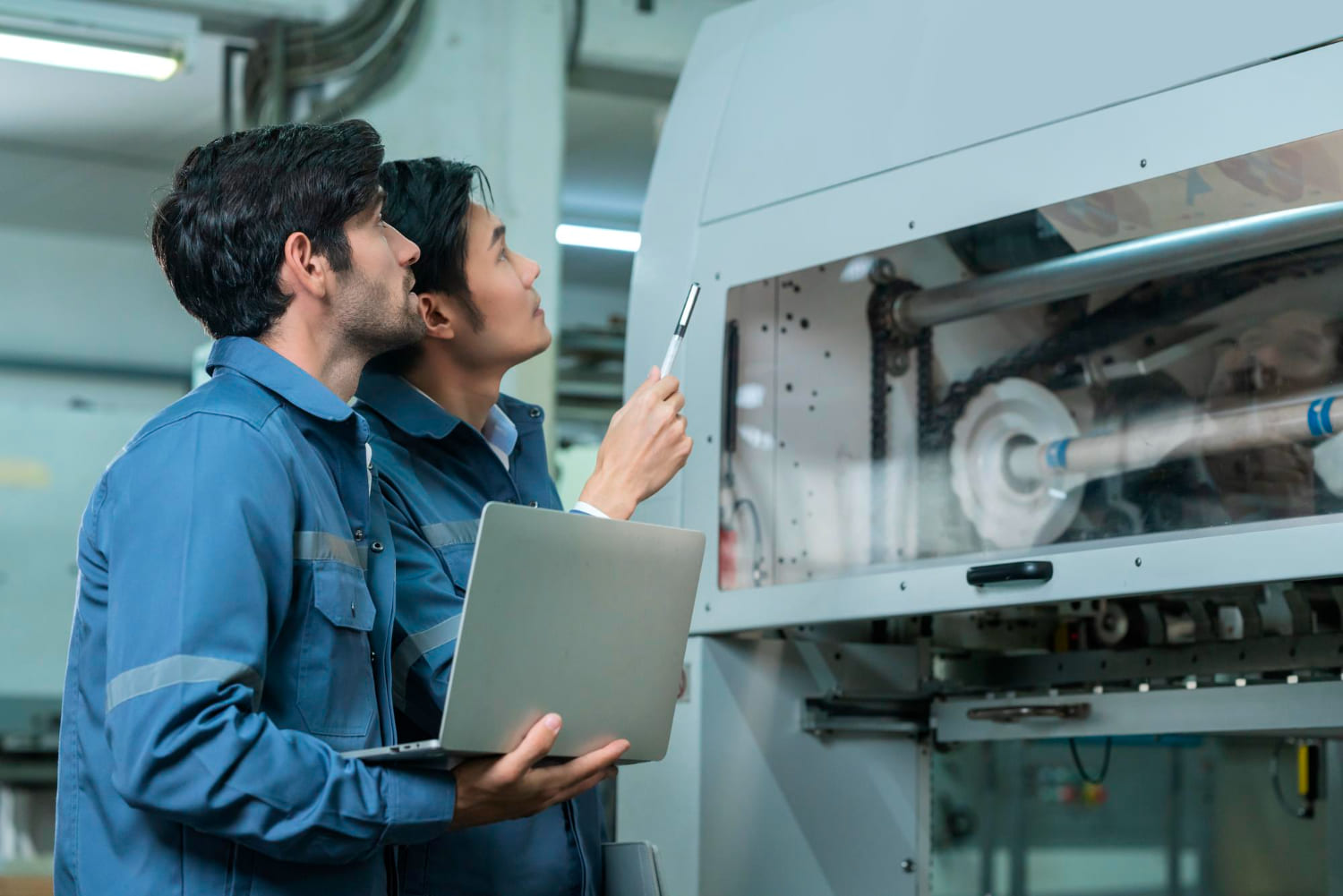
The Fourth Industrial Revolution Arrives
The advent of Industry 4.0 marks a significant milestone in the evolution of the global manufacturing landscape, with Indonesia rapidly emerging as a key player embracing these futuristic manufacturing industry trends. Industry 4.0, characterized by the integration of digital technologies like the Internet of Things (IoT), artificial intelligence (AI), and big data analytics into manufacturing processes, is setting the stage for the creation of smart factories. These are not just factories where technology is used; these are environments where technology transforms every aspect of production. In Indonesia, the transition to smart factories is enabling manufacturers to achieve unprecedented levels of efficiency, quality, and customization. By harnessing the power of real-time data and connectivity, businesses can optimize operations, reduce downtime, and respond more swiftly to market changes. This digital transformation is not merely about staying competitive; it’s about redefining what’s possible in manufacturing.
Embracing the Future with Smart Manufacturing
For Indonesian manufacturers, the journey towards Industry 4.0 and smart factories involves more than just the adoption of new technologies; it requires a fundamental shift in mindset and culture. It’s about moving from traditional manufacturing methods to a more agile, data-driven approach where decision-making is informed by real-time insights. The implementation of smart factory principles can significantly enhance operational efficiency, but it also demands a skilled workforce capable of navigating these advanced technologies. Therefore, investing in workforce training and development is crucial for businesses looking to fully leverage the benefits of Industry 4.0. Additionally, fostering a culture of innovation and continuous improvement is essential for adapting to the fast-paced changes characteristic of this industrial revolution. By embracing these principles, Indonesia’s manufacturing sector can not only adapt to the demands of the modern world but also lead the way in shaping the future of global manufacturing.
Navigating the Future of Manufacturing in Indonesia
As we’ve explored the transformative manufacturing industry trends reshaping Indonesia’s manufacturing sector, it’s clear that the future is bright for those ready to embrace change. From the surge in automation and robotics to the green manufacturing revolution, the integration of IoT, the utilization of advanced materials, the innovation of 3D printing technology, and the advent of Industry 4.0 and smart factories, these trends are not just altering the production landscape but are also setting a new standard for the global manufacturing industry. Indonesian manufacturers stand at the threshold of a new era, one where efficiency, sustainability, and innovation are not just goals but the very foundation of the sector.
Seizing Opportunities with Suryacipta
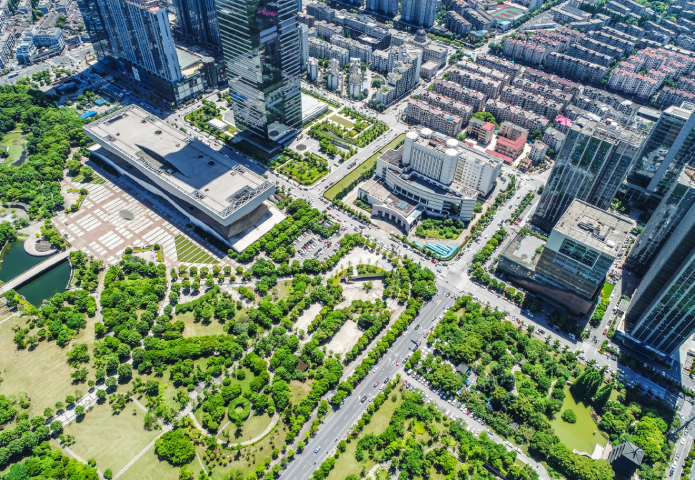
For businesses poised to take advantage of these exciting developments, Suryacipta offers an unparalleled opportunity to thrive in the heart of Indonesia’s industrial growth. With state-of-the-art industrial land available in Karawang and Subang, Indonesia, Suryacipta is not just selling land; it’s offering a gateway to the future of manufacturing. These, including the Suryacipta City of Industry in Karawang and Subang Smartpolitan in Subang, West Java, Indonesia, strategically located industrial zones are designed to meet the needs of modern manufacturers, providing the perfect infrastructures for businesses to capitalize on the latest manufacturing industry trends. Whether you’re looking to innovate in a complete ecosystem that is equipped with smart infrastructures, focus on sustainable manufacturing practices, or tap into the vast potential of advanced materials.
Subang Smartpolitan

Focusing specifically on Subang Smartpolitan, this project represents the cutting edge of industrial development, setting a new standard for smart, sustainable industrial parks. As the latest addition to Indonesia’s manufacturing landscape, Subang Smartpolitan is designed to foster innovation, efficiency, and sustainability, making it an ideal location for businesses looking to lead in the next wave of industrial revolution. Don’t miss the chance to position your business at the forefront of the manufacturing revolution with Subang Smartpolitan, where the future of manufacturing is being shaped today.


